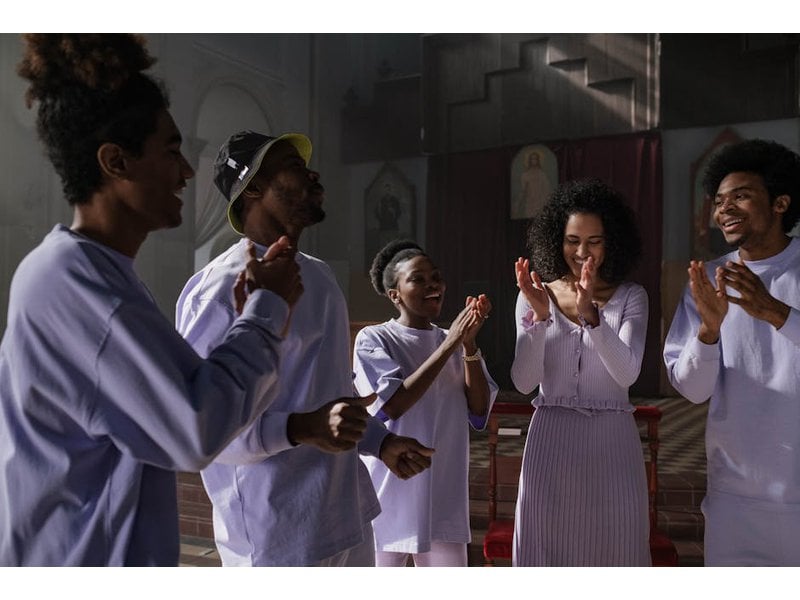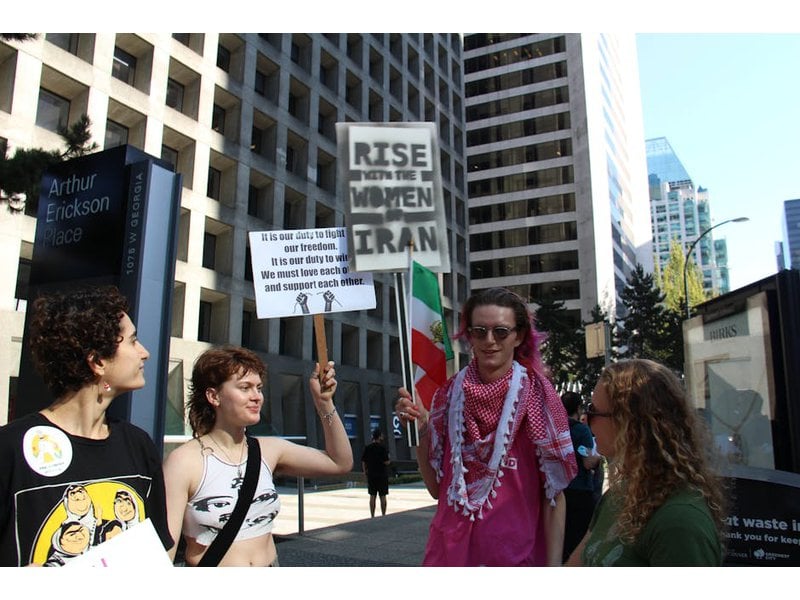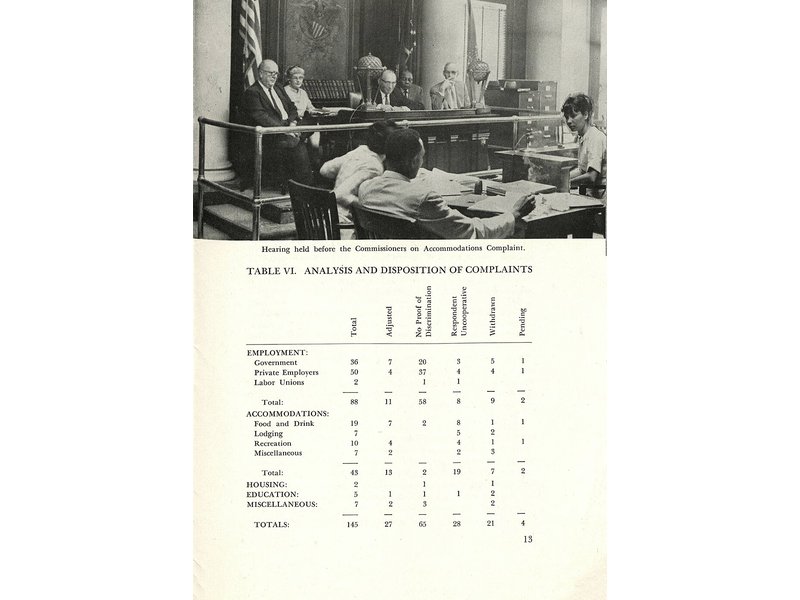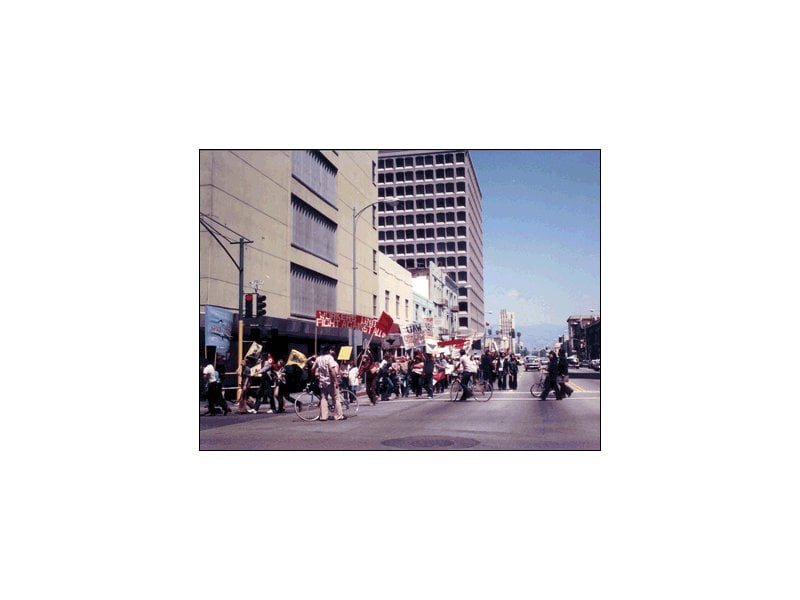146 judicial noncooperation

"This method of intragovernmental noncooperation occurs when members of the judicial system—judges, jurors, and the like—refuse to carry out the will of the regime or of some other portion of the judicial system. An example of the latter would be the refusal of a jury to convict a political prisoner despite the wish of the presiding judge that he be convicted. In certain cases determination by a court that a given law or policy is unconstitutional would also be an act of political noncooperation with the regime. Or, a judge could refuse to convict or punish, despite the evidence and pleas of the prosecutor."...
Potentially awesome partners
Potentially problematic matches
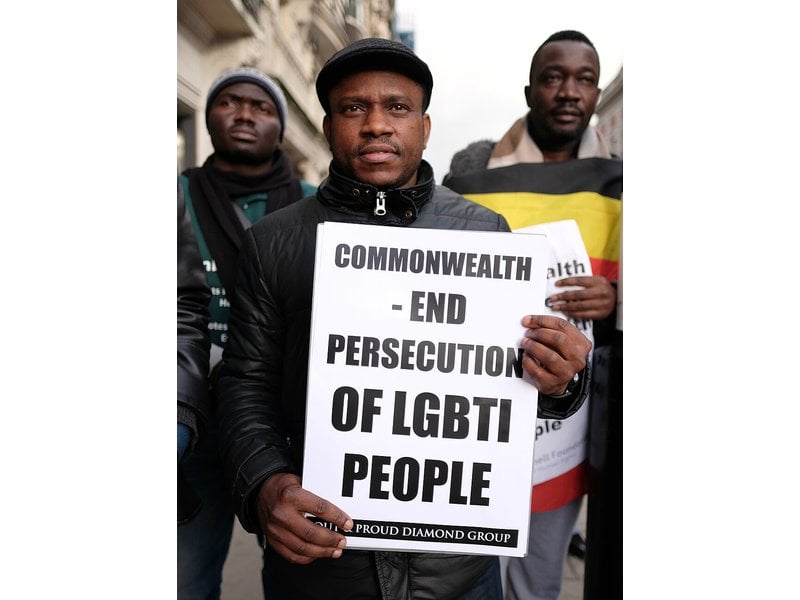
High scoring campaigns using this method
Historical cases from the Nonviolent Action Database that used this method
Madagascar general strike in support of Marc Ravolomanana, 2002
Madagascar was officially proclaimed a colony of France in 1896, and gained independence in June 1960. For the first couple decades following independence, one-party rule and political turmoil, including violent and nonviolent struggle, characterized...
Lucknow protesters win justice in Meher Bhargava murder case, India, 2006
On 28 February 2006 Meher Bhargava, a lawyer and wife of Indian National Congress leader Luv Bhargava, was shot. She was defending her daughter-in-law against the lewd comments of a group of men on the street in Lucknow, Uttar Pradesh, India.\n\nMehe...
Philippine citizens overthrow President Joseph Estrada (People Power II), 2001
In 1992, Joseph E Estrada ran for Vice President on the National People’s Coalition ticket. Although the party’s presidential candidate, Eduardo Cojuangco, Jr., lost the election to Fidel Ramos, Estrada won the vice presidential contest. He served as...
Finns resist Russification, end conscription, regain elections, 1898-1905
For much of the nineteenth century, Finland was under Russian rule. This began in 1809 when Finland was made part of the Russian Empire. As part of the Russian Empire, Finland was autonomous in domestic policy but not foreign policy. Finland was allo...
Kefaya protests Mubarak's referendum and re-election, Egypt, 2005
Kefaya (meaning ‘Enough’ in Arabic), is the moniker for the grassroots coalition the Egyptian Movement for Change. Beginning in 2003, Kefaya was a group of Egyptians of various political parties and ideologies that first met to discuss the Egyptian p...
Low scoring campaigns using this method
Historical cases from the Nonviolent Action Database that used this method
Kefaya protests Mubarak's referendum and re-election, Egypt, 2005
Kefaya (meaning ‘Enough’ in Arabic), is the moniker for the grassroots coalition the Egyptian Movement for Change. Beginning in 2003, Kefaya was a group of Egyptians of various political parties and ideologies that first met to discuss the Egyptian p...
